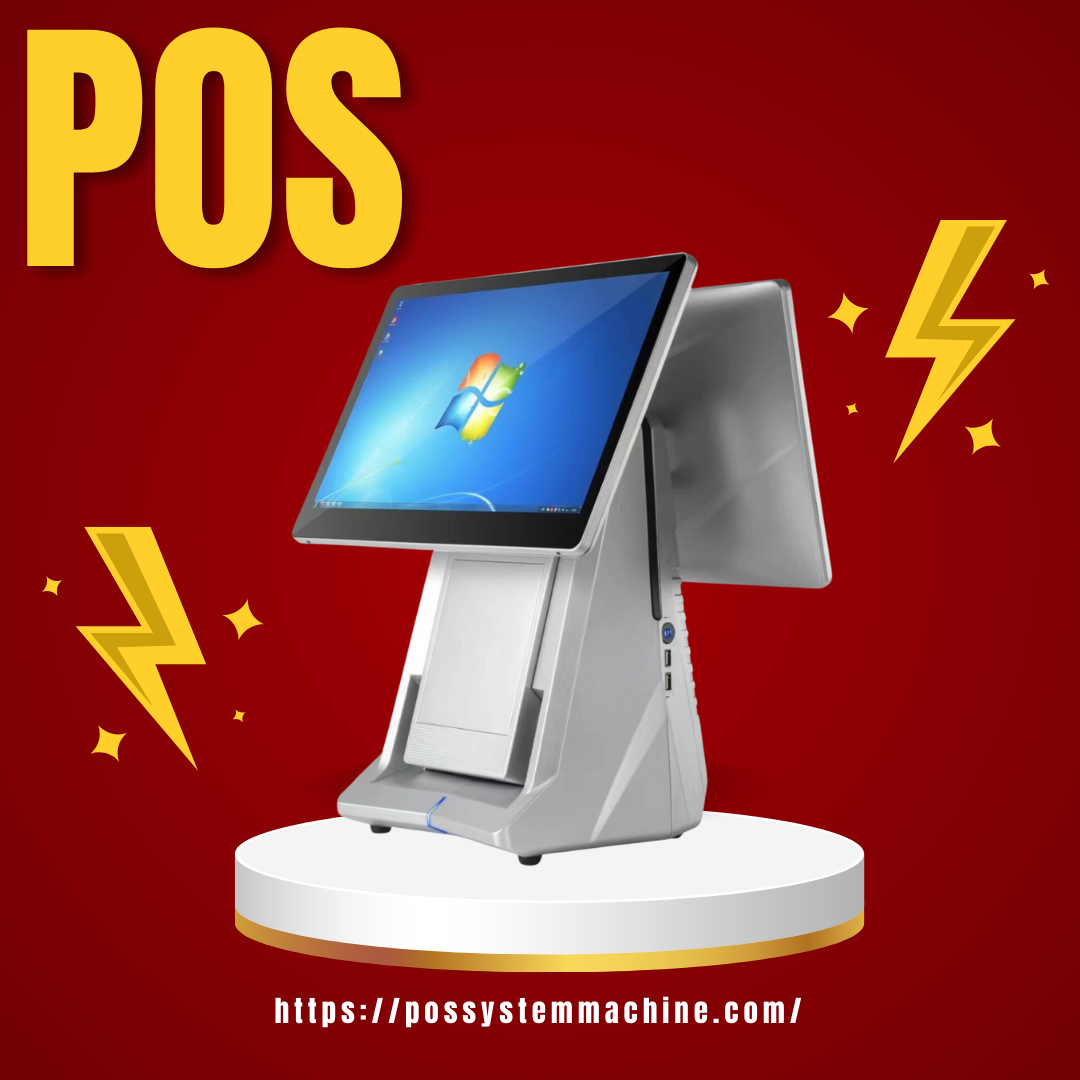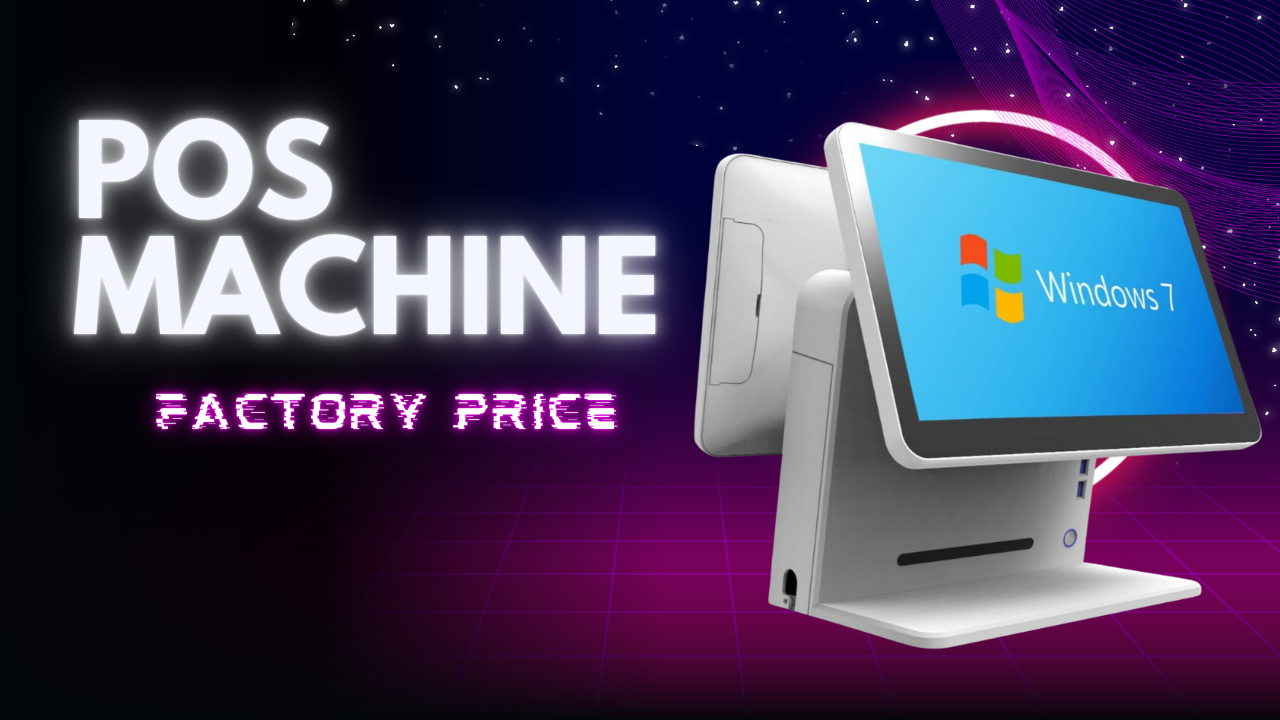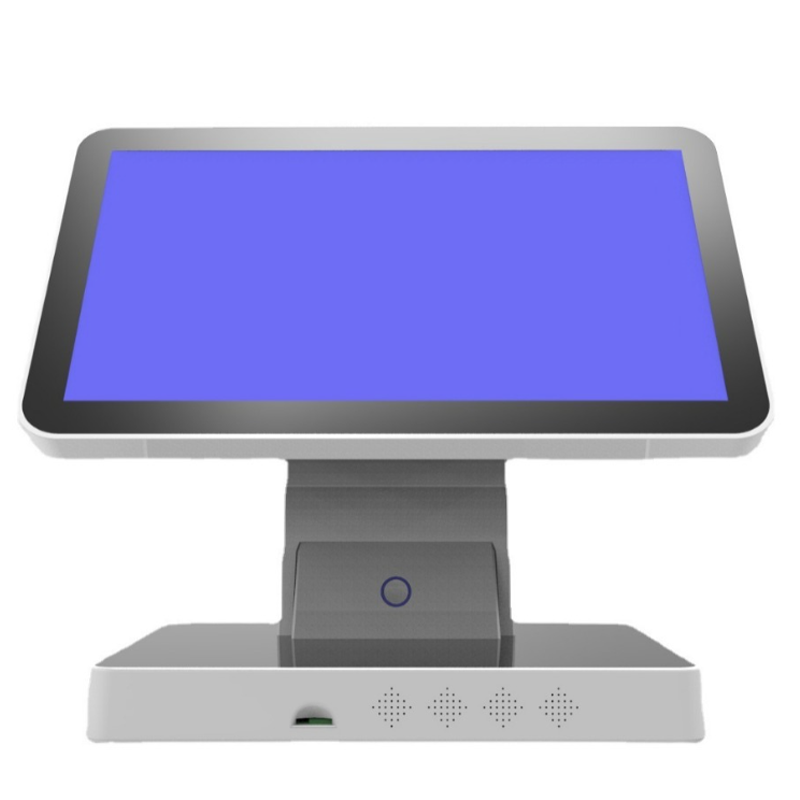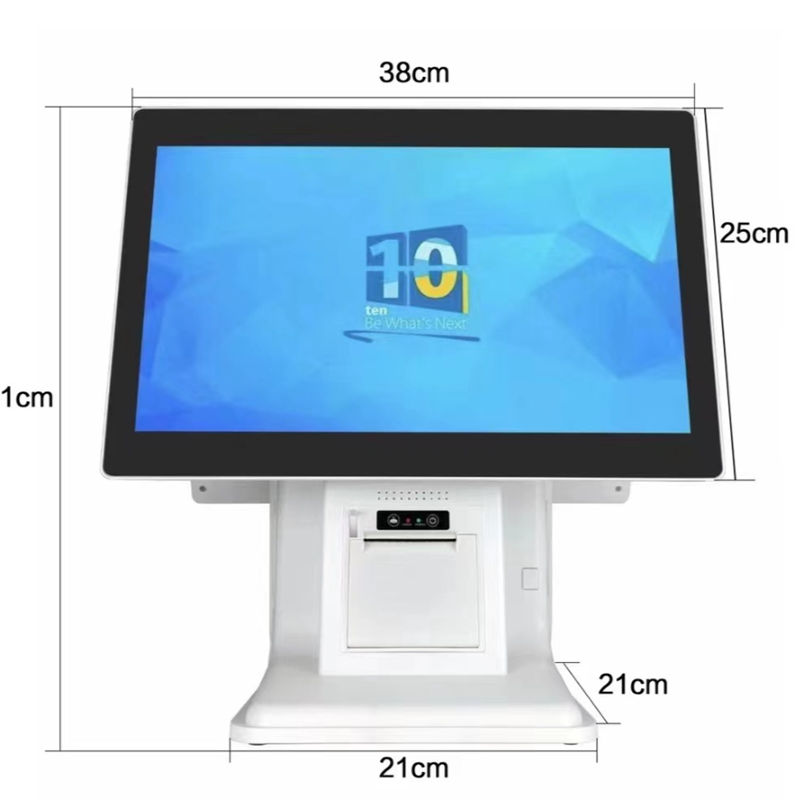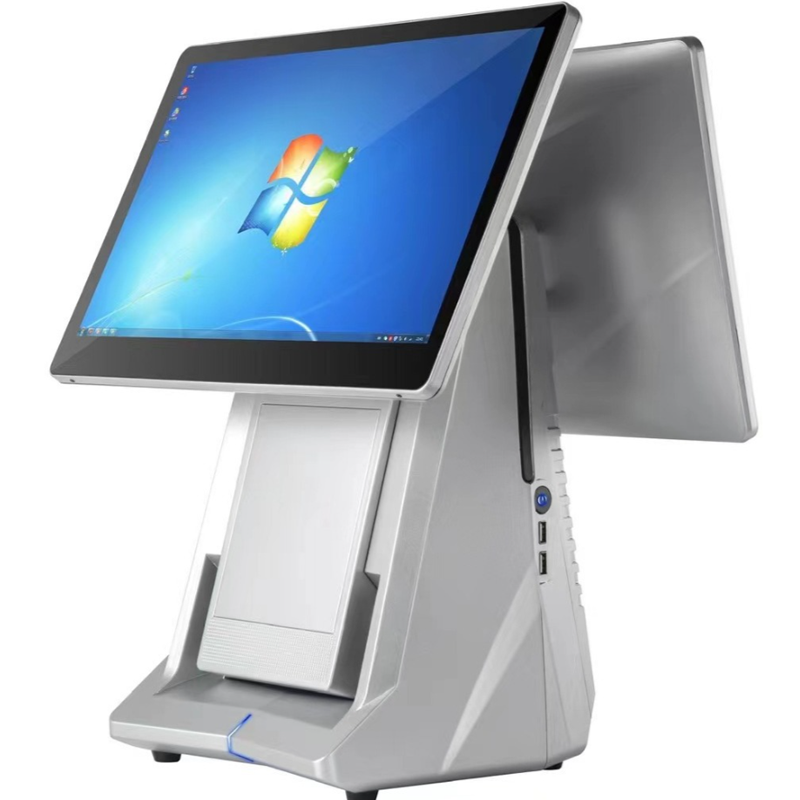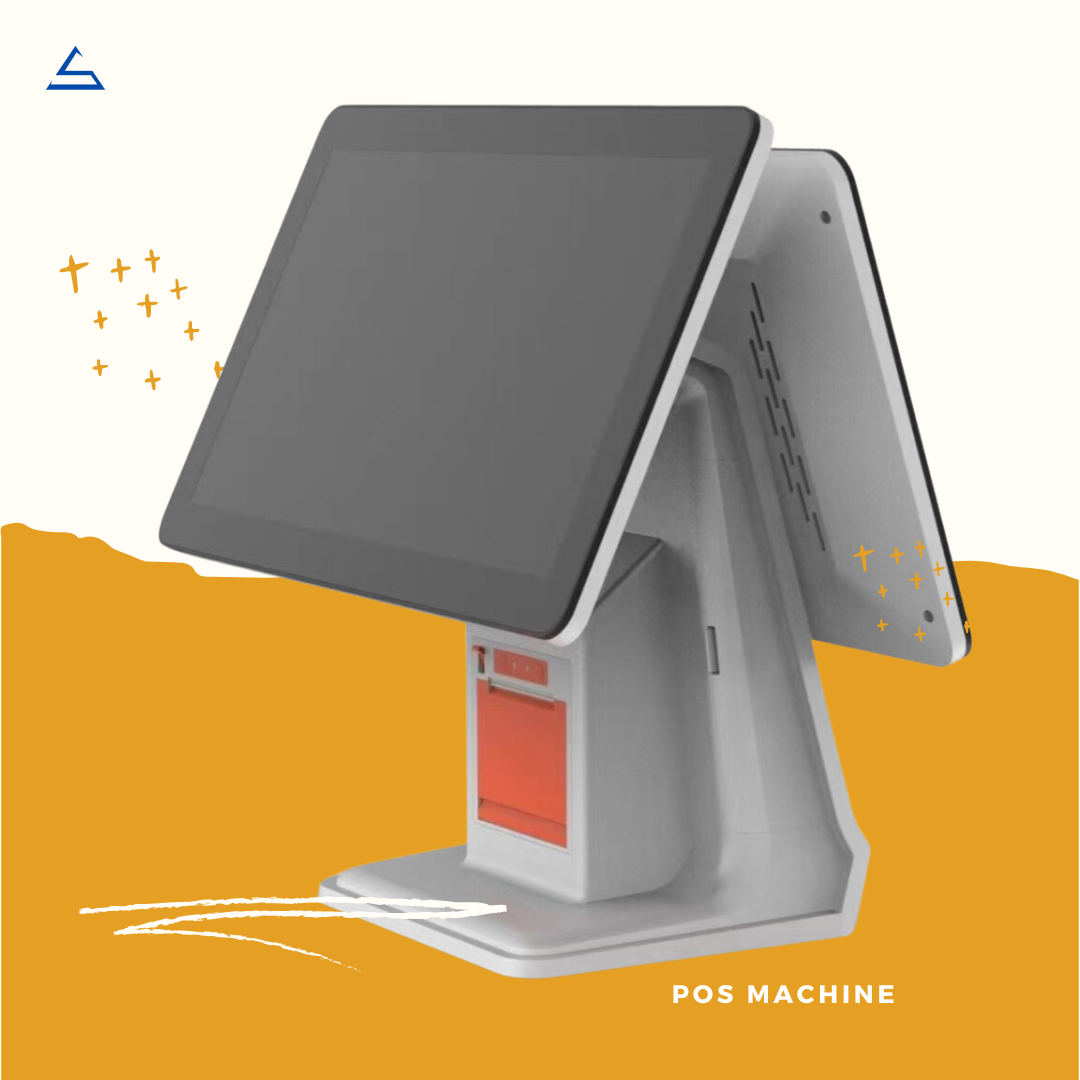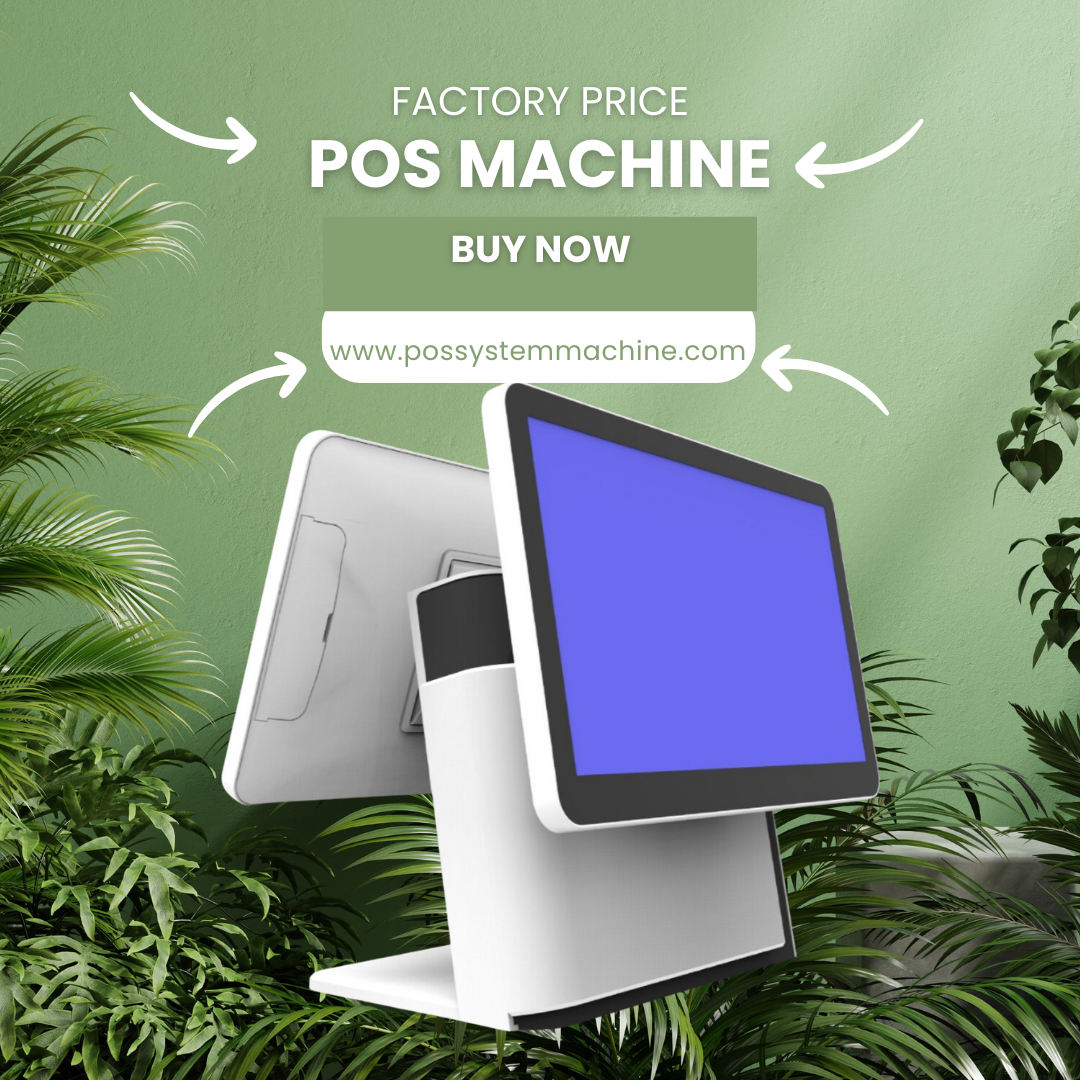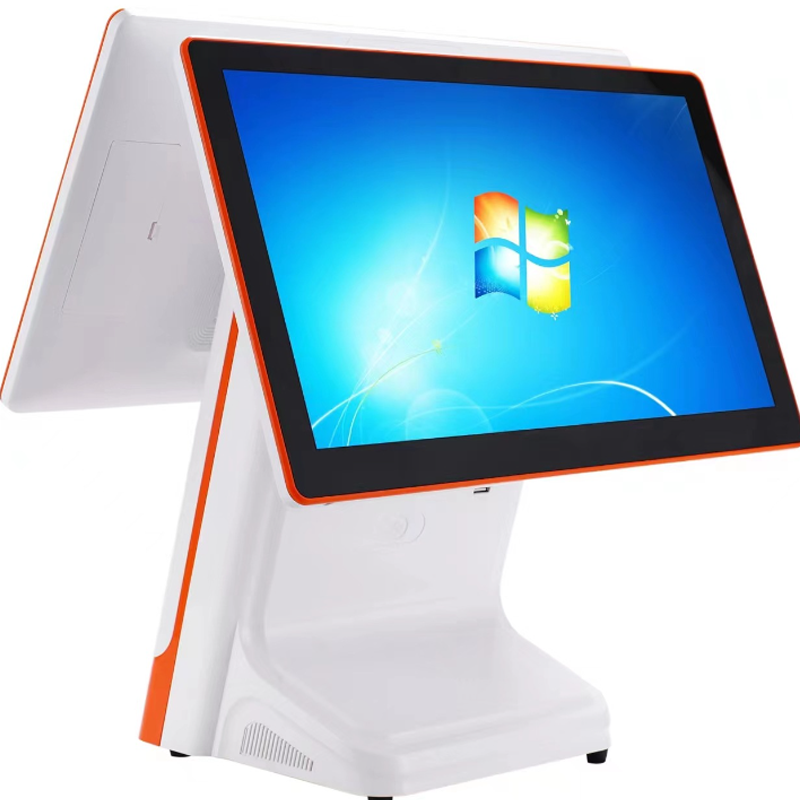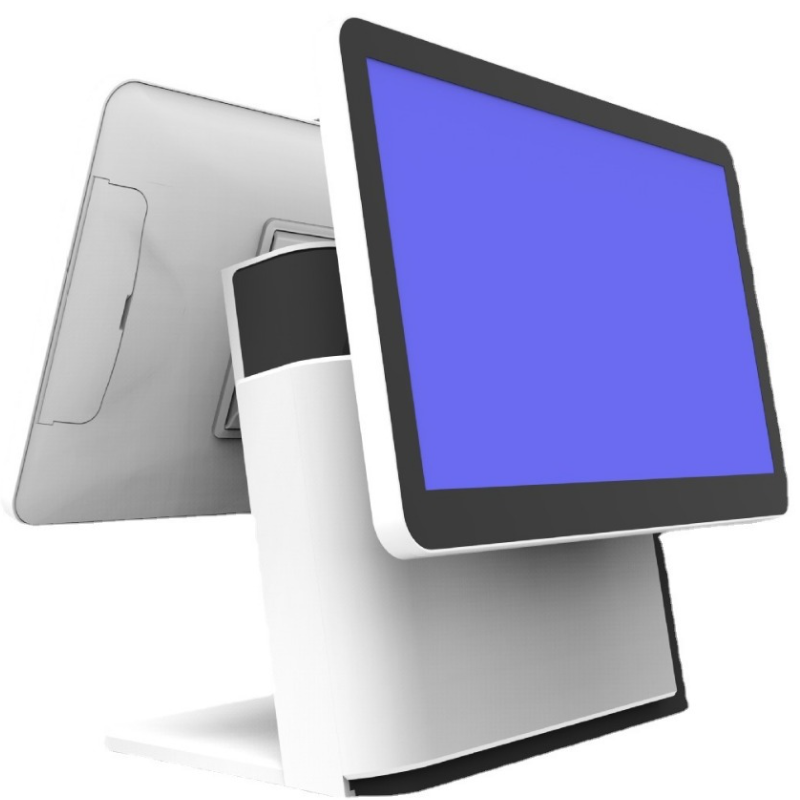What Is a POS Cash Register?
Turinys
Santrauka
POS Cash Registers: A Comprehensive Look at Modern Systems
Pardavimo vieta (POS) cash register is no longer just a simple device for managing sales transactions—it has evolved into an integral part of the operations for businesses across various industries. From retail stores to restaurants, modern POS systems now offer a comprehensive suite of features that enhance efficiency, inventory management, and customer experience. This article explores the features and advantages of contemporary POS cash registers, highlighting the different requirements across business types and their implications for operational success.
Evolution of the POS Cash Register
The original cash register, created in 1879 by saloon owner James Ritty, was a revolutionary tool for managing cash transactions. Over time, it developed into motorized and computerized versions. While the basic functions remained consistent—handling sales, making change, and safeguarding cash—the modern POS cash register has transformed into a much more sophisticated system. Today, POS systems combine traditional cash register functionality with advanced technological features to streamline business operations.
What Defines a Modern POS Cash Register?
A POS cash register today is much more than a tool for handling transactions. It typically includes a touch-screen interface and is designed to perform a wide array of functions beyond the basic transaction. It can track inventory, manage customer relationships, generate reports, communicate orders to kitchens (for restaurants), print barcodes, control loyalty programs, and even aid in marketing and sales analysis.
Iš esmės, a POS system is a comprehensive business tool that allows merchants to oversee not just sales, but the entire workflow. Whether it’s automating tasks or generating insights into customer buying patterns, POS cash registers today serve as the central hub for business operations.
Key Features of Modern POS Cash Registers
Atsargų valdymas
POS systems allow businesses to track inventory in real-time. For example, as items are sold, the system automatically updates the stock levels and can even trigger reorder alerts when quantities get low. This feature is particularly useful in environments where inventory management is critical, such as in restaurants and retail stores.Sales Tracking and Reporting
The system keeps a detailed log of sales transactions and can generate reports that give insights into sales trends, peak business hours, and product performance. These reports help businesses make data-driven decisions.Ryšių su klientais valdymas (CRM)
Šiuolaikinis POS systems often include CRM capabilities, which allow businesses to store customer information, track purchase histories, and run loyalty programs or promotional campaigns tailored to specific customer segments.Touch-Screen Interfaces
The touch-screen interface of most POS cash registers today simplifies the transaction process, making it faster and more intuitive for employees to use. This ease of use can be critical in fast-paced environments like quick-service restaurants.Integration with Mobile Devices
Daugelis POS systems now integrate seamlessly with mobile devices, such as tablets and smartphones, allowing for increased flexibility and mobility. For instance, waitstaff in restaurants can take orders at the table and send them directly to the kitchen.
| Funkcija | Funkcionalumas | Benefit for Business |
|---|---|---|
| Atsargų valdymas | Tracks stock levels and triggers reorder alerts | Ensures availability and reduces stockouts |
| Sales Tracking and Reporting | Logs sales and generates detailed reports | Facilitates data-driven decisions |
| CRM (Customer Relationship Management) | Stores customer data, manages loyalty programs | Enhances customer satisfaction and retention |
| Touch-Screen Interface | Allows fast and intuitive operation | Improves employee efficiency |
| Mobilioji integracija | Enables mobility and flexibility | Enhances service, especially in restaurants |
Tailored POS Solutions for Different Business Types
POS Systems for Quick-Serve Restaurants
In a quick-serve restaurant, speed and efficiency are paramount. A POS cash register in this environment must be able to process transactions quickly, manage orders seamlessly, and keep track of inventory in real-time. With touch-screen interfaces, employees can quickly enter orders, and the system will automatically send the information to the kitchen.
The system also reduces human error by automating the order entry process, ensuring that kitchen staff receive accurate and timely information about what needs to be prepared. At the same time, inventory is automatically updated as items are sold, ensuring that kitchen staff are always aware of what’s in stock.
POS Systems for Full-Service Restaurants
Full-service restaurants have more complex needs compared to quick-serve establishments. A table or tab system needs to manage multiple transactions across different stages of a customer’s dining experience—from drinks and appetizers to desserts. The POS system must track each order as it progresses and allow for the flexibility of adjusting orders or splitting checks.
Mobile devices, such as tablets, play a critical role in full-service restaurants, as they allow servers to input orders directly from the table and send them to the kitchen in real-time, improving both speed and accuracy.
POS Systems for Retail Stores
Retail establishments, whether traditional or thrift stores, often require advanced features such as barcode scanning, programmable discounts, and the ability to track individual employee performance for added security. In a retail environment, the POS system becomes a tool for optimizing sales strategies, managing inventory, and offering personalized customer experiences.
The Role of Customization in POS Cash Registers
Different businesses have different requirements for their POS systems, and customization is key. POS cash registers today are highly flexible, allowing for industry-specific adaptations. For instance, a retailer might need a system that integrates with e-commerce platforms, while a restaurant may prioritize table management and kitchen communication.
Modern POS providers, such as Bepoz, understand these unique needs and offer customizable solutions to cater to the specific demands of any business, ensuring that operations run smoothly and efficiently.
Išvada
The modern POS cash register is a versatile, powerful tool that goes far beyond basic transaction processing. By offering advanced features such as inventory tracking, CRM capabilities, real-time reporting, and mobile integration, POS systems help businesses across all industries operate more efficiently, improve customer service, and make data-driven decisions.
DUK
1. What is a POS cash register?
A POS cash register is a system that combines traditional transaction handling with advanced features such as inventory management, sales tracking, and customer relationship management.
2. How do POS systems benefit restaurants?
POS systems help restaurants by streamlining order management, reducing errors, improving kitchen communication, and offering insights into sales and inventory levels in real-time.
3. Can POS systems be customized for different industries?
Yes, modern POS systems are highly customizable to meet the specific needs of different industries, whether it’s retail, hospitality, or foodservice.
4. What is the advantage of a mobile-integrated POS system?
Mobile integration allows businesses to operate with more flexibility, enabling features such as tableside ordering in restaurants or mobile checkout in retail environments.
5. What makes we a good choice for POS systems?
we offers customizable POS solutions that can adapt to the specific needs of various businesses, ensuring smooth operations and improved efficiency.
Žymos
Produktas
Tinklaraštis
Susisiekite su mumis
Susiję produktai
Dažniausiai užduodami klausimai apie medinių dėžių gamybą

